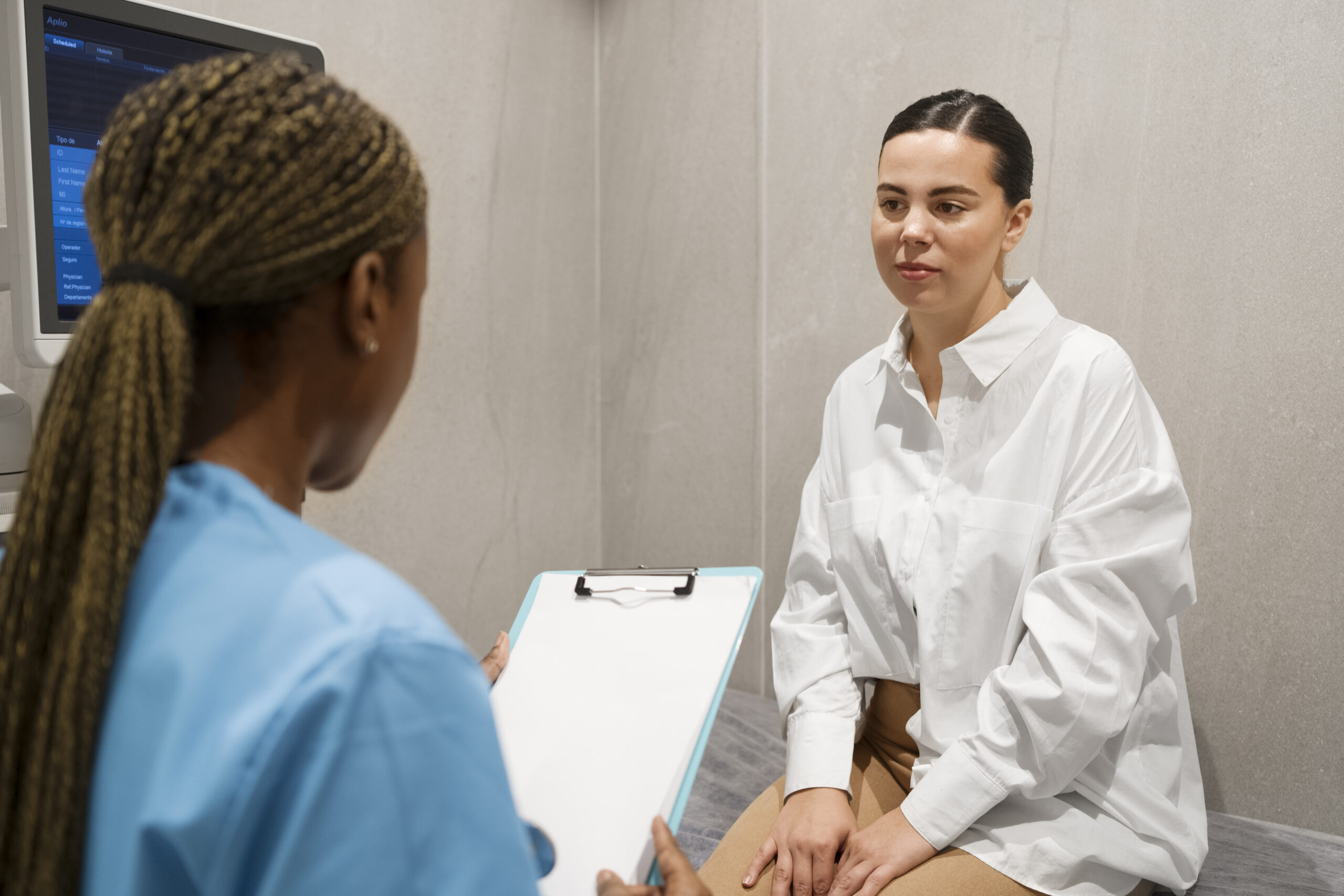
Colonoscopy Prep Pills vs Liquid: Which Is Better for You?
June 18, 2025
How to Find the Best Gastroenterologist Near Me
August 7, 2025Are Colonoscopies Covered by Insurance?

One of the most important procedures for the early diagnosis and prevention of colorectal cancer is colonoscopies. As the costs of healthcare increase, the patients tend to ask whether this necessary screening is paid for by the insurance. In this thorough article, we delve in-depth into the colonial coverage for colonoscopies, what a patient should expect financially, the role that the Affordable Care Act plays, and the instances whereby, you may still be required to pay the outstanding expenses.
Our goal is to make every important detail clear so that you can make knowledgeable decisions on your digestive health and financial readiness. To the people in New York City, Gastroenterology Associates of New York provide great and attentive GI services, which comprise expert colonoscopy screenings.
Understanding Colonoscopy Insurance Coverage
In many of the insurance plans, a colonoscopy is always regarded more as preventive screening. Preventive screenings are set up to find out diseases at an early stage but when the diseases can be cured and those screenings will therefore commonly be covered with no requirement for copay or deductible.
Due to the Affordable Care Act (ACA), the majority of health insurance policies are obliged to cover preventive services including colonoscopy, free of charge for the patient if certain requirements are met.
Coverage details may however change based on:
- Your insurance provider
- The purpose of the procedure (screening or diagnostic).
- Your age and medical history
- Where the procedure is performed

Screening vs. Diagnostic Colonoscopies: Know the Difference

That is where most of the patients find themselves with unexpected bills. Insurance companies are able to differentiate between a screening and diagnostic colonoscopy.
- Screening Colonoscopy: In case you do not exhibit any of the symptoms, as well as in the absence of family history of colorectal cancer, and you are 45 years of age and older, your colonoscopy is viewed as preventive. It should be completely covered within the ACA guidelines.
- Diagnostic Colonoscopy: When the procedure is being carried out because you have such symptoms as abdominal pain, rectal bleeding or a history of polyp then it may be coded as diagnostic. Your insurance in this case will be requiring you to pay deductibles, copayments, or coinsurances.
Even though the removal of polyps during a screening colonoscopy may surgically require the procedure to be reclassified as a diagnostic one, a decision that might incur unprecedented expenses, some insurers will do that. This is an essential feature that patients ought to confirm with their insurance provider even before booking the exam.
Does Medicare Cover Colonoscopies?
Yes, Medicare does provide coverage for colonoscopies:
- Medicare Part B pays for screening colonoscopy once in every 10 years for the average risk but once in every 2 years for the high risk population.
- In case a polyp is discovered and removed during a screening, the cost of Medicare is usually covered, but, still, you may be required to pay 20% of the Medicare-approved amount for doctor’s services and any charges involved for facilities.
You should note that if you go for a diagnostic colonoscopy, your out-of-pocket charges may be higher than what you have listed above.
Commercial Insurance Plans and Procedures Costs
In private or employer-sponsored insurance cover, colonoscopy cover adheres to the ACA guidelines. One screening colonoscopy every 10 years, after 45 years of age, is supported by most plans, unless you are at a high risk of a colon screening, in which case, you may get an exemption to the regulation. However, each insurance carrier has its policy on deductibles and billing practices.
Before having a colonoscopy, you should:
- Checking whether the procedure is posted as screening or diagnostic procedure.
- Verifying the status of the network of the provider and facility.
- Asking about the fees for anesthesia, pathology, and facility.
- Determining whether there are any separate billings of the pre-procedure consultations.
Such steps can avoid unpleasant billing surprises and contribute to smoothening financial experience.
For more thorough insurance checks and for effortless care in NYC, we suggest that you book your consultation with Gastroenterology Associates of New York, a reputable provider of digestive services.
Hidden Costs: Anesthesia, Pathology, and Facility Charges
Although your colonoscopy may be covered, other services relating to it may be billed separately. This includes:
- Anesthesia services (often billed independently)
- The analysis of biopsy or polyp removal analysis (pathology).
- Facility costs (if it was done in hospital than outpatient clinic)
Ask for a breakdown of cost before the procedure at all times. Ask for the information concerning who will be taking care and whether every party is in-network with your insurer. It is not unlikely that a patient receives a bill for services of an out-of-network anesthesiologist or pathology lab.
High-Risk Patients and Earlier Screenings
If you have a family history of colorectal cancer, personal history for polyps or a known genetic syndrome, your doctor may advise you for more frequent screenings. Insurance may usually pay for earlier or more frequent colonoscopies in those at increased risk but with prior authorization.
Confirm that your primary care provider or your gastroenterologist documents your risk factors that will support medical necessity of earlier screenings. Such documentation can be critical for getting insurance approval and claim denials.
Frequently Asked Questions
Conclusion
A colonoscopy is an essential, potentially life-saving test that can catch cancer early or even prevent it. Although most plans cover colonoscopies, particularly as a preventive service, it pays to read the fine print. Knowing how your plan treats screening vs. diagnostic colonoscopies, related services, and provider networks can save you from surprise costs.
For the most effective care and complete knowledge of your coverage, we strongly advise you to speak with skilled providers such as Gastroenterology Associates of New York, who provide high-quality GI care coupled with patient education and transparency.
Always contact your insurer prior to scheduling a procedure to verify all aspects of coverage and obtain written confirmation where possible. Your health — and your wallet — will benefit from the extra effort.



